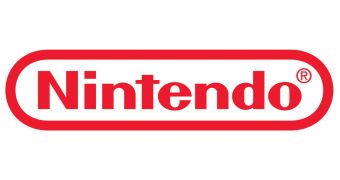A French court has ruled for Nintendo in a lawsuit against six companies that were accused of selling flash cards for the DS line of handhelds, saying that they were guilty and needed to pay more than 460,000 Euro in criminal fines and 4.8 million Euro in damages to the Japanese company (which is a little over 690,000 and 7.1 million dollars).
The courts also gave out suspended prison terms to some of the people behind the French companies that were accused of facilitating piracy on the Nintendo DS.
Initially, in a decision which was handed out in 2009 the accused were judged to be innocent but Nintendo pressed and the Court of Appeals in Paris has found them guilty of the charges of “importation, sale and distribution of game copier devices.”
Until now France allowed sales of the flash cards, also known as R4 cards, which allowed both custom homebrew firmware and pirated content to be used on the Nintendo DS.
It was one of a small number of Western countries which allowed the devices to be sold on the open market and the current decision means that all flash card sales will need to move underground.
The Nintendo DS line up devices has long been affected by piracy and some developers have withdrawn support for the platform because of it, saying that they were unable to sell enough copies of their games to support development of new games.
The DS, with its various versions, from the Lite to the recent ones with more screen space, has long been a best seller for the Japanese company.
Earlier during the year Nintendo launched the 3DS, with the unique selling point of allowing gamers to experience three dimensional games without needing to use special glasses.
The platform performed very well initially but has then entered a slump which prompted a price drop.

 14 DAY TRIAL //
14 DAY TRIAL //